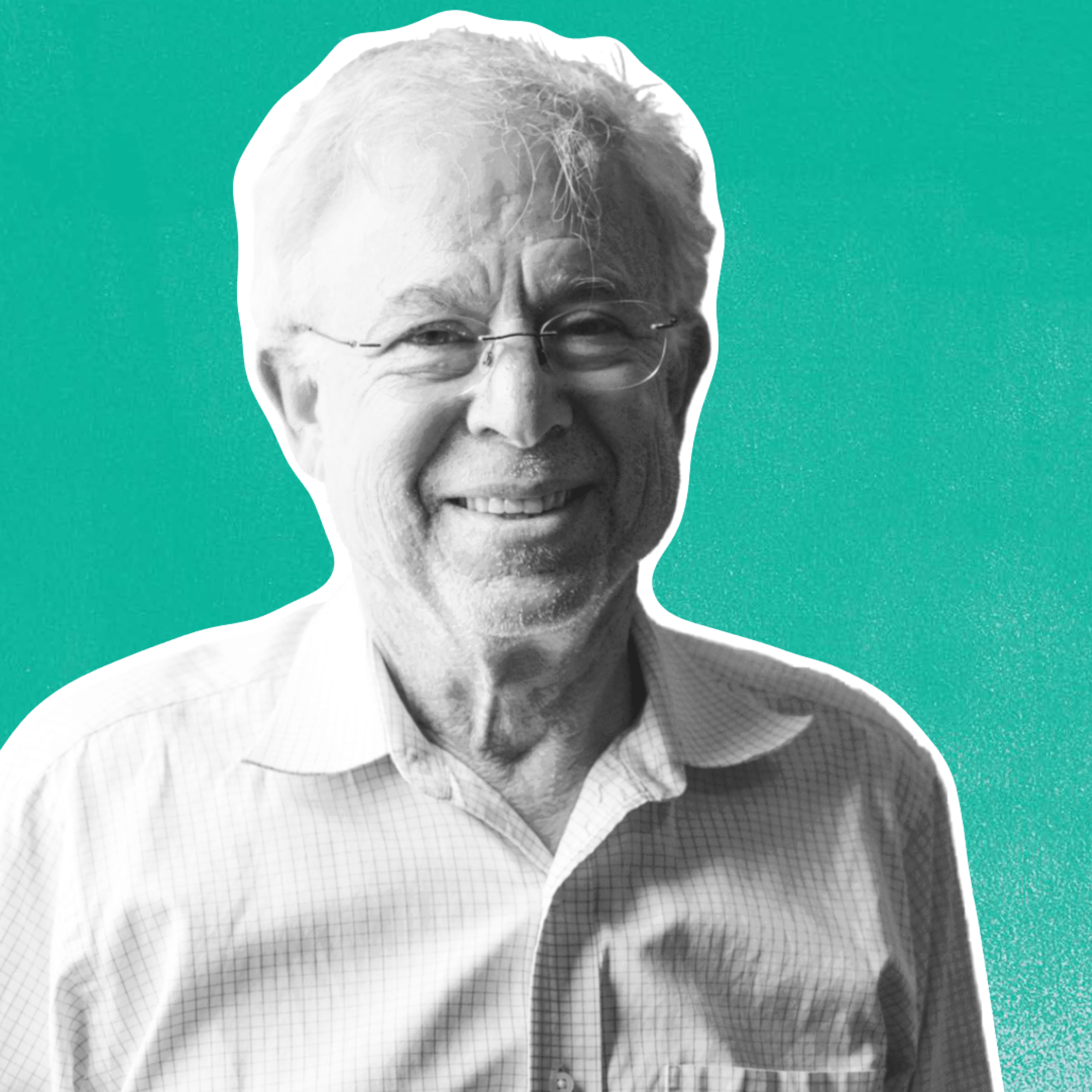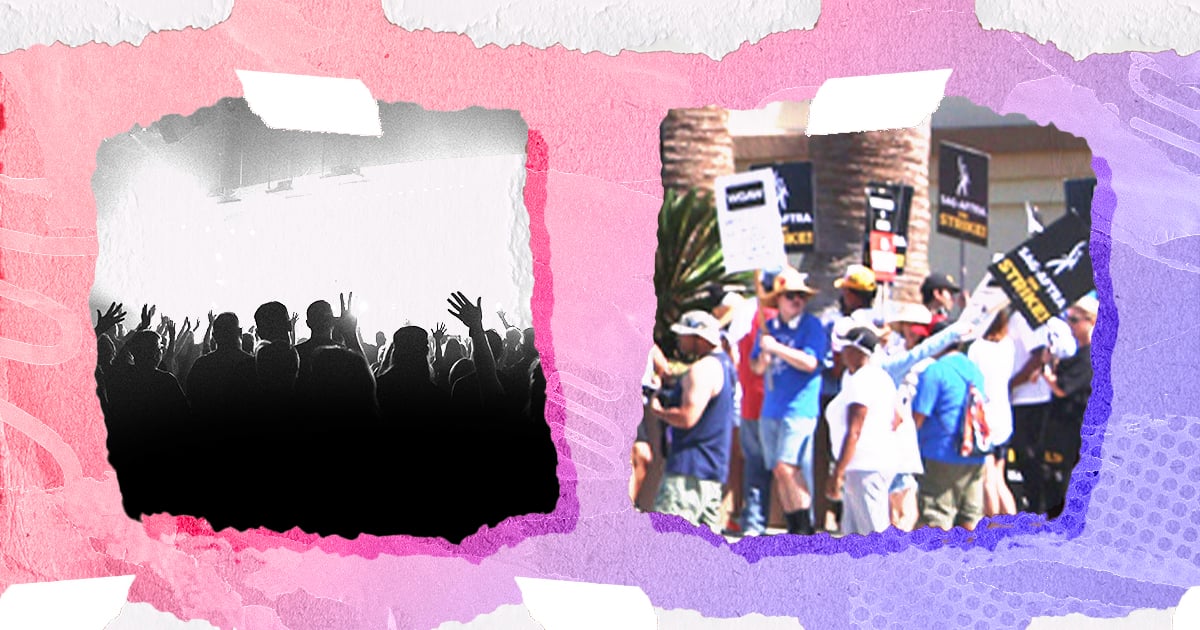
Kogod School of Business
It was a big summer for news in the entertainment industry. From record-breaking tours by Taylor Swift and Beyonce to the biggest box office hits in years from Barbie and Oppenheimer…to writer’s strikes in Hollywood.
As the fall semester ramps, there’s still plenty to sort through as we look back on the last several months….and look toward the future.
We turned to experts in Kogod’s Business and Entertainment program for perspective:
John Simson, program director, 50-year music industry veteran, and former executive director of SoundExchange; Professor Jesse Kirshbaum, founder and CEO of Nue Agency, author of industry newsletter Beats + Bytes, and juror for the upcoming Clio Awards; and professor Linda Bloss-Baum, an expert in public policy, government relations and public relations in the music and entertainment industry.
Taylor Swift’s summer tour garnered one superlative after another, topping $1 billion in revenue, and by the time an international leg and a second US leg is done, that could be just the beginning. The tour was marked by fans in costumes, donning friendship bracelets—many of whom will see the concert all over again in theaters next month.
What should we make of such a culturally significant tour?
Jesse Kirshbaum: Summer 2023 is being defined by women’s empowerment, from the Barbie remake to Beyonce’s earth-shattering world tour. But nothing had the impact of Taylor Swift, whose tour will go down as the most impactful in the history of music to date. It was a full-fledged, multi-generational experience.
Taylor broke numerous box office records. She entertained millions of fans. And she gave life-changing money back to her entire staff through bonuses.
Off the back of this tour, Taylor Swift has officially become the biggest person in music.
Like Swift, Beyonce’s tour brought screaming fans and sold-out stadiums. Both had a marked effect on the GDP in what some economists predict might be the final push for ‘revenge spending’ emerging from the pandemic, as fans stayed in high-priced hotel rooms, booked plane tickets, and otherwise forked over large amounts of money for these experiences.
Of course, this also came as the Fed has tried to cool the economy to fight pesky inflation. So, is all the spending these tours brought ultimately a positive or a negative?
John Simson: Taylor Swift and Beyonce have had a major effect on local economies everywhere they've traveled. Are they contributing to inflation or helping economies stay robust and healthy?
The trend is worrisome on some levels as it highlights the wealth gap in our society and the many fans locked out of these events."

John Simson
Business and Entertainment Program Director, Kogod School of Business
Think of these as mini-Super Bowls, typically one of the biggest revenue generators for sports and entertainment. But instead of one massive night with 150 million people watching on television and maybe 60,000 paying exorbitant ticket prices to be in the stadium, each artist brings three or four of these weekly to cities worldwide.
We can’t forget about Barbie. In conjunction with the release of Oppenheimer, the movies brought millions of fans to the movie theaters in July. For many, it was their first trip to the theater since before the COVID-19 pandemic.
But the film was also remarkable for an additional reason: the soundtrack featured big names playing original works instead of the movie using existing tracks.
How unique was this decision by the filmmakers, and why might they have gone this route?
John Simson: A director typically makes soundtrack decisions in consultation with the music supervisor. Perhaps the feeling was that they wanted newer songs reflecting Barbie's cultural impact.
It is evident that they made a costly decision to put a ton of money into creating the soundtrack with many superstars.
These tracks don't come cheap but should recoup a significant amount of money in streams over the next six months or so.
Meanwhile, Hollywood has recently been in the headlines with the writer’s strikes. A big issue at hand: changing fundamentals in residual payments for creatives—particularly as re-runs on television have become more highly-watched on streaming platforms like Netflix and Hulu.
And, of course, there’s the looming question of how artificial intelligence might affect actors and writers alike.
How might this affect the industry moving forward, and what does this all mean for our favorite streaming shows?
Jesse Kirshbaum: Is this golden age of television over? It’s been quite a run for the content creation business.
More and more streaming services are popping up, and there is an endless flow of better and better TV. But it’s not sustainable, and the rules have yet again changed in this ever-dynamic business.
The time of syndication royalties may be over, especially in a streaming era. The deals are different. The revenue models are not the same."

Jesse Kirshbaum
Professor of Management, Kogod School of Business
And the big concern is, if the studios can find new ways to entertain audiences, will the paradigm shift again away from these scripted shows? Demand for sports streaming and improv is way up for this season because there aren't restrictions around that content. Will that continue?
These are all questions we are all watching and will unquestionably affect the next Streaming Revolution….which, as it happens, is the name of my spring 2023 course examining these issues.
What will happen to our favorite shows in the short term? Will there be content to watch, still?
John Simson: Most platforms have a stockpile of shows at the ready. Netflix, Amazon, and several other streaming services have many foreign-based shows that have not been affected.
We are also hearing about indie releases getting waivers. So, if the major studios aren't involved, we may see a larger pool of indie releases, which likely increases the quality of films, though not mining the Marvel, Star Wars, or other "Tent Pole" types of movies.
How are Kogod students learning to create sustainable change in the industry and pivot when some of these challenges, highlighted in this summer’s headlines, emerge?
Linda Bloss-Baum: The BS in Business and Entertainment professors work closely with students to incorporate the art of networking into their formal curriculum.
These mentors have taught students how prevalent change is in the entertainment industry. They illustrate the line between progress and successful projects, which is rarely straight.
They tell stories about how unexpected twists and turns often lead to great opportunities and results not initially imagined.
Students in my creative class are inspired by real-life creators in the entertainment industry. They have the chance to meet with authors, musicians, screenplay writers, and others who work in the creative economy daily.
The class speakers have followed up with many students, and those ongoing relationships have led to internship and mentoring opportunities in many creative fields.
John Simson: In my recent advanced Issues classes, students heard from experts on AI and what the impact of technology would be going forward.
I had students use ChatGPT to create assignments so they could see the limitations of the technology (in its present state).
We also explored the issue of how scraping—the practice of taking millions of bits of other people's things— is used to create new content and whether the bits of things taken should require compensation.
The class explored Ticketmaster and the dynamic pricing of tickets. Some students studied whether a TikTok ban could be effective and what impact that might have on creators.
Jesse Kirshbaum: In my spring 2024 course, The Streaming Revolution, students will be encouraged to create their own point of view…their own take on what the streaming landscape is missing because there’s still so much room for innovation.
Every class has a speaker that I bring in that’s an expert from that particular syllabus topic of the day, so you’re meeting top thought leaders for platforms in the space.
